Humanitech News
News and updates

Applications open for 2025 QBE AcceliCITY Resilience Challenge
An exciting opportunity is now available to startups tackling urban resilience, hazard identification or sustainability challenges, powered by Leading Cities.

QBE AcceliCITY Resilience Challenge Winner
QBE AcceliCITY Resilience - Humanitarian Track Challenge 2024 winner announced at Humanitech Summit 2024.

QBE AcceliCITY Resilience Challenge finalists
We are delighted to announce the top three finalists for the QBE AcceliCITY Resilience - Humanitarian Track Challenge.
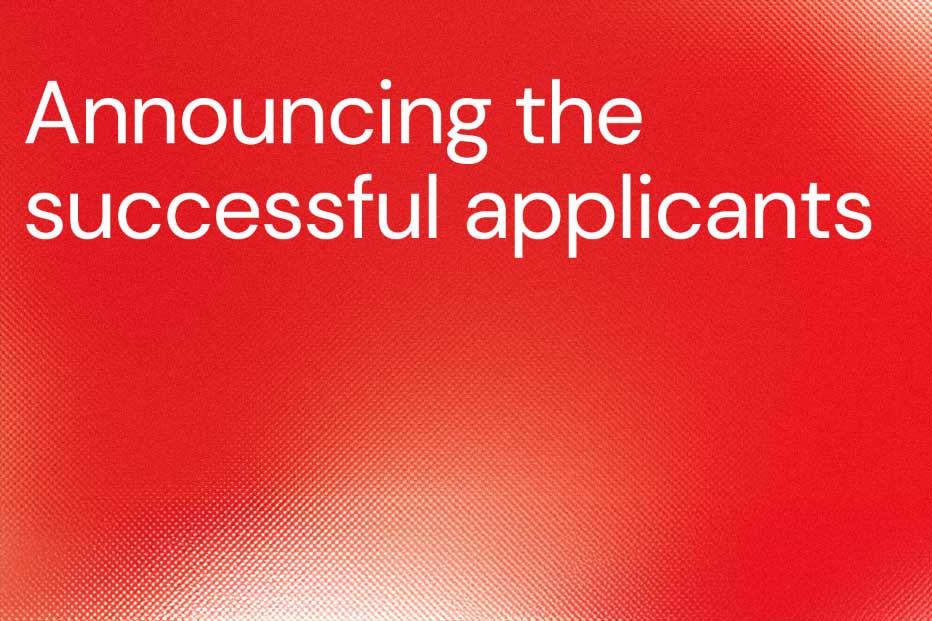
QBE AcceliCITY Resilience Challenge successful applicants
Following a rigorous panel selection, we are proud to announce the final applicants for the QBE AcceliCITY Resilience Challenge - Humanitarian Track.
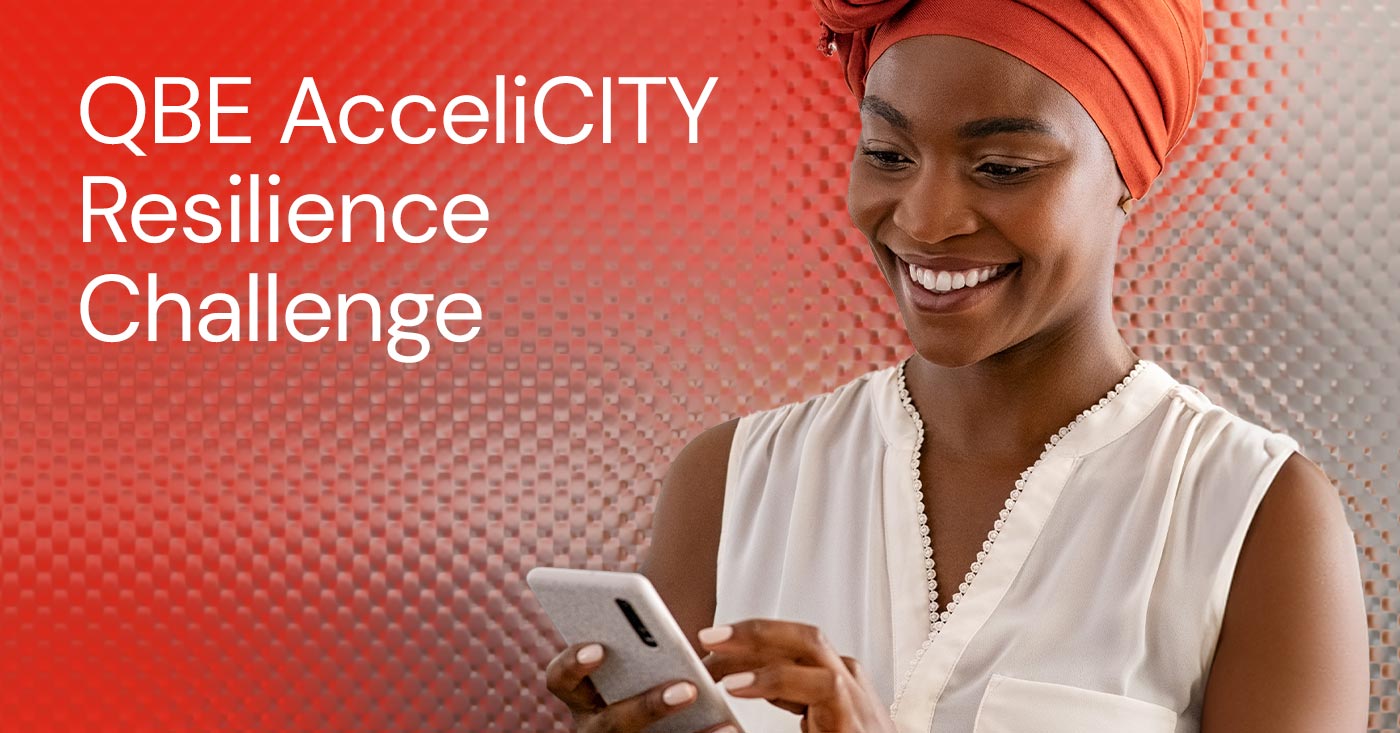
QBE AcceliCITY Resilience Challenge is live
If you’re a tech entrepreneur who is passionate about enabling global communities to adapt to climate-related impacts, then this is an opportunity that you can’t miss.

Joining forces for global climate solutions
QBE Foundation, Leading Cities and Australian Red Cross Humanitech have partnered to enable global communities to adapt to climate-related impacts.
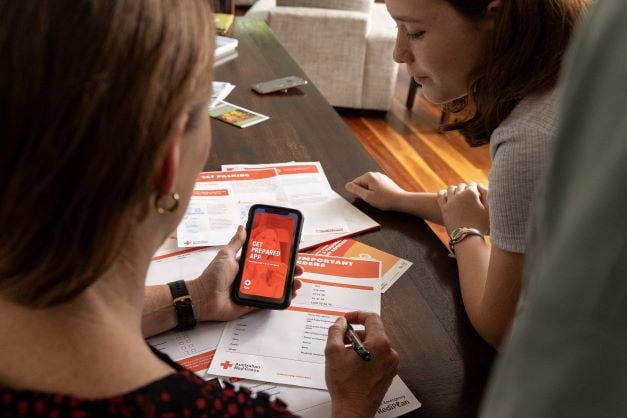
Tech for good: Three evidence-based insights to build better humanitarian tech
A year ago, we wrote about what we were learning at Australian Red Cross through our Humanitech Lab about developing tech for good. We promised to continually share the insights learned along the way about what it takes to pursue ethical, safe and inclusive technology innovation. Here is a follow-up with our latest findings as we continue to evolve our understanding of what it takes to pursue responsible technology innovation.
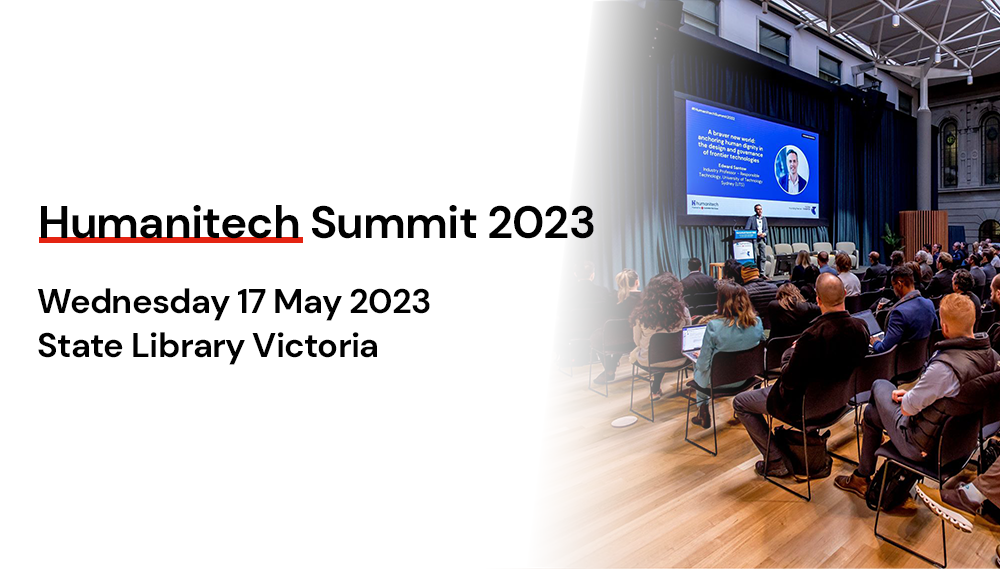
Australian Red Cross unites leaders to tackle humanitarian challenges with technology at Humanitech Summit
More than 150 leaders will gather in Melbourne for the third annual Humanitech Summit to explore how the latest advances in technology can tackle the world’s biggest humanitarian challenges. Pioneered by Australian Red Cross and supported by the Telstra Foundation, the Summit sets the scene to spark new ways of working with technology to benefit people and society.
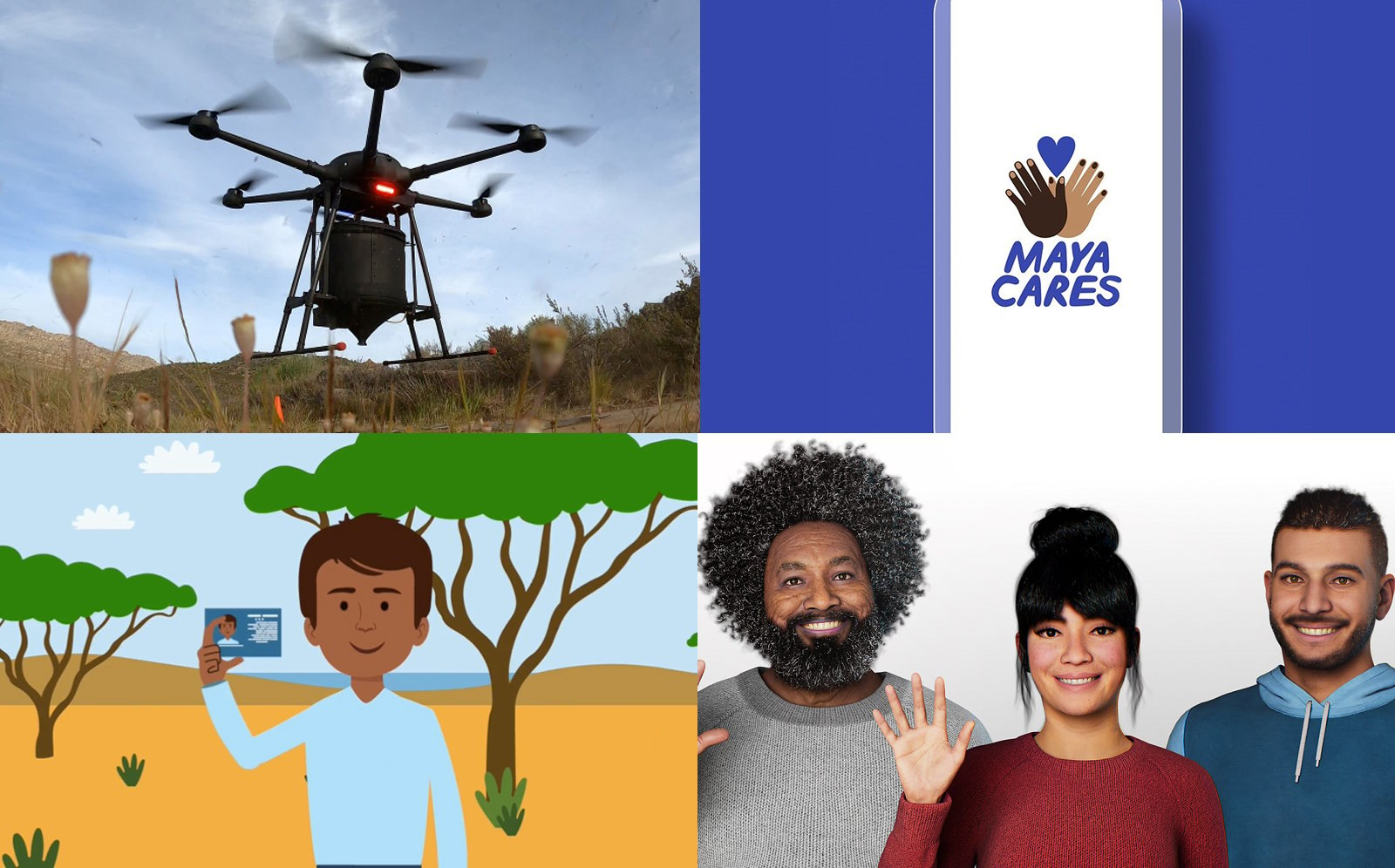
Australian Red Cross backs ground-breaking technology solving humanitarian challenges
From a first-of-its-kind chatbot tackling racism to the ‘digital humans’ increasing access to sign language during emergencies, four cutting-edge projects have been announced by the Humanitech Lab innovation program.
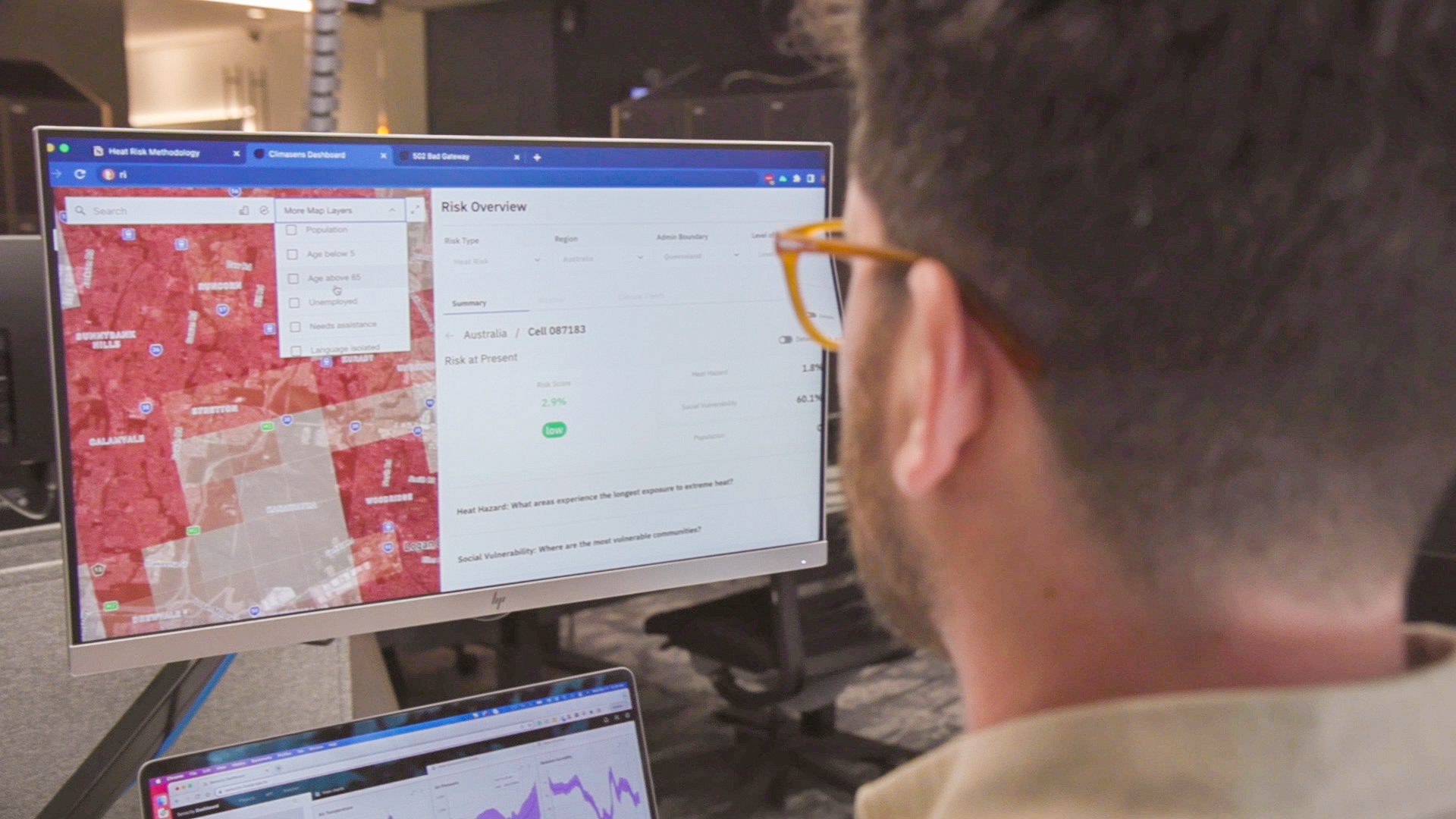
Australian Red Cross announces partnership with local start-up Climasens to scale climate intelligence platform through the Humanitech Lab
Climasens, a climate intelligence start-up, has received a boost to scale its impact through the Humanitech Lab. The innovation program is spearheaded by Humanitech, an initiative of Australian Red Cross, focused on harnessing technology and social innovation to meet humanitarian need.

Traverse: Insights from Australian Red Cross creating, designing and ending a digital identity platform
There is a long-standing challenge within the humanitarian sector – the slow process of onboarding and managing staff and volunteers for rapid deployment during a crisis. Australian Red Cross led an effort to solve this by establishing a verifiable digital credentials solution in order to remove some of the structural barriers and administrative burdens to onboarding.
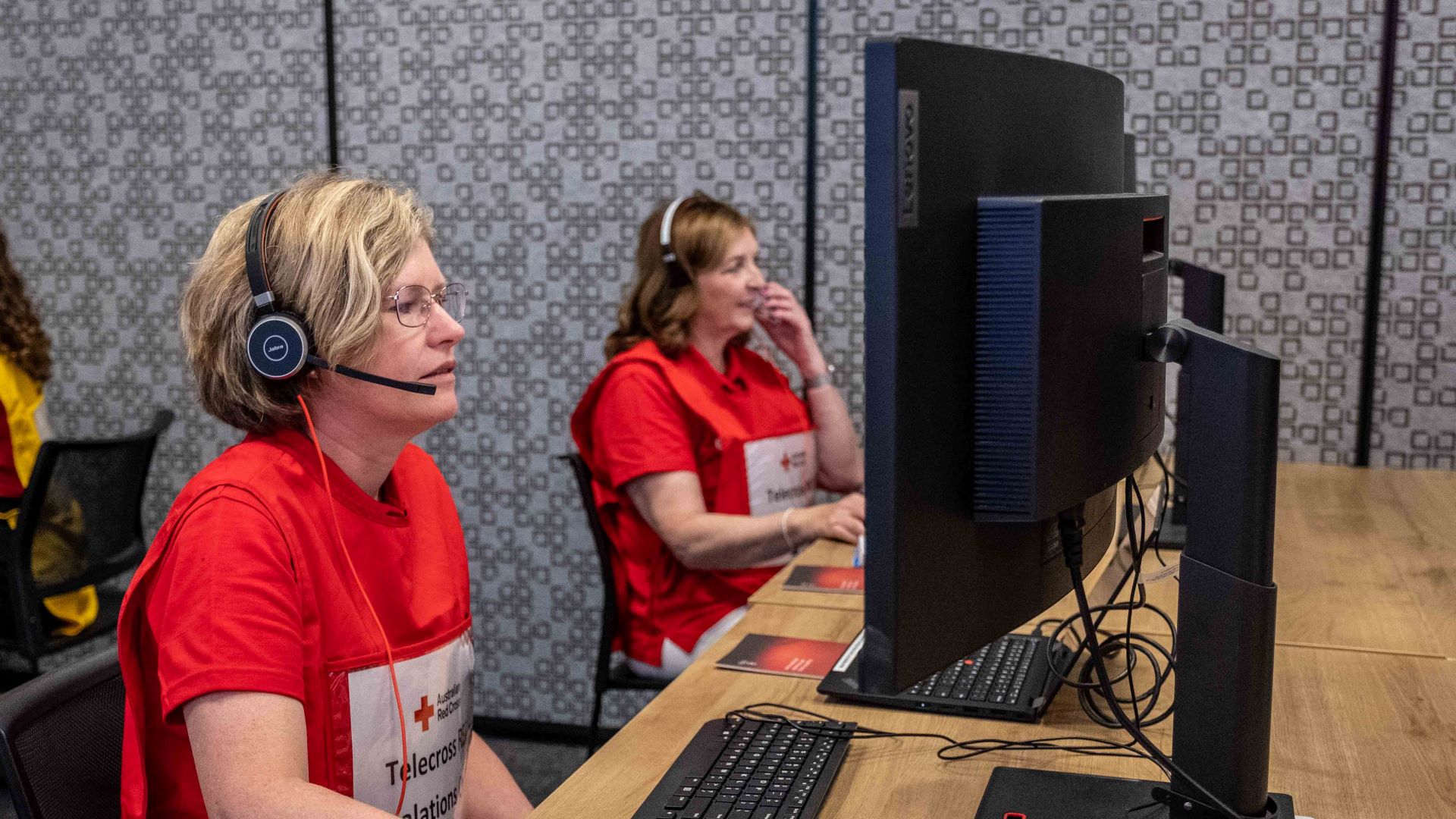
Australian Red Cross testing ‘Humanity First’ prototype to guide ethical technology development
Technology can help us tackle complex social challenges and empower communities. This prototype seeks to realise this potential by ensuring tools and systems are developed in ways that safeguard people’s rights and dignity.
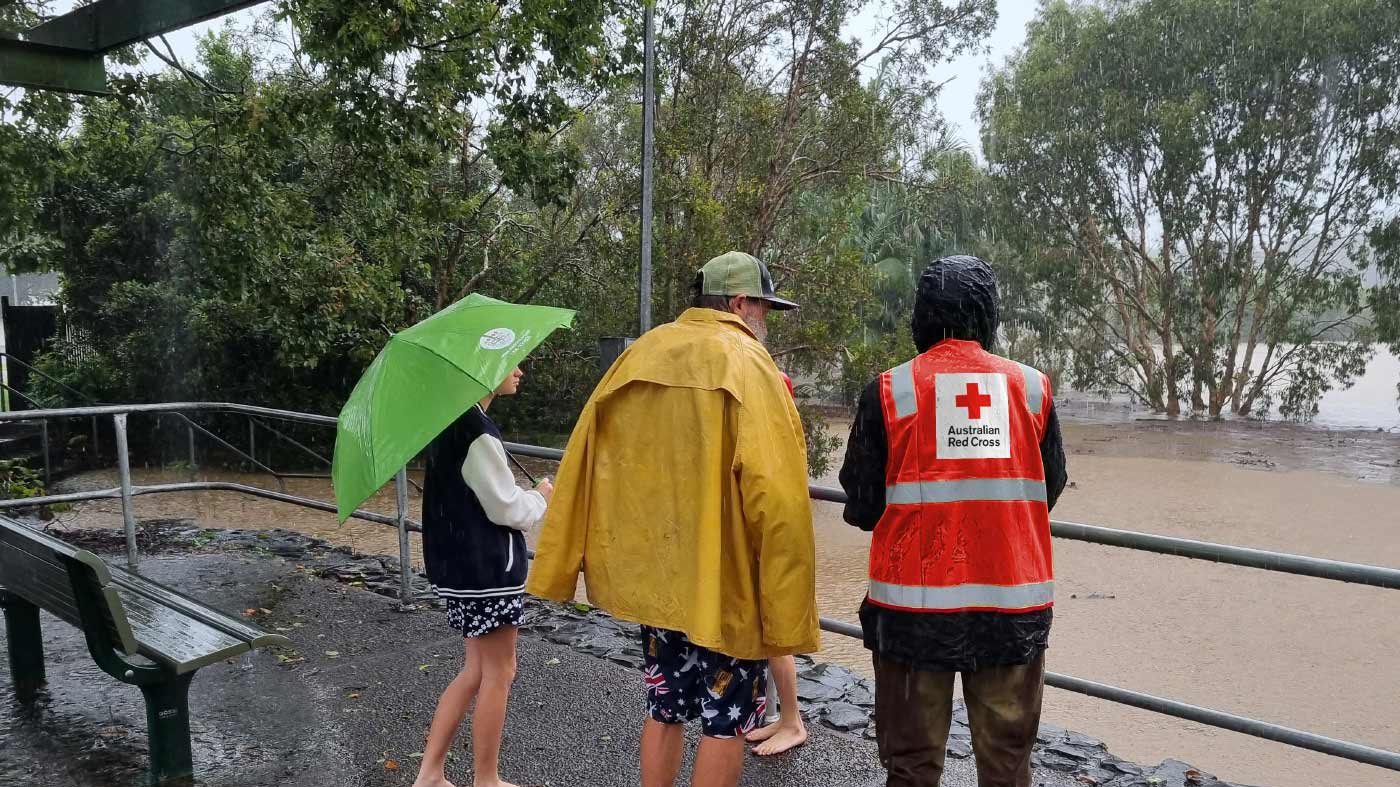
Warning fatigue - Why impact-based flood warning systems are a game changer
Flood warning systems are a crucial component of preparing and responding to floods. Yet with the rise in flood events due to climate change, many communities are now experiencing repeated flood warnings as the norm. The good news is that technological innovation is being utilised to move warning systems away from a broad one-size-fits-most approach to provide hyper-local warnings in real-time that can help save time, money, and lives.

We can regulate facial recognition technology to address harms and promote innovation: a new Australian report shows the way
A new report from the University of Technology Sydney (UTS) Human Technology Institute sets out a roadmap towards regulating facial recognition technology (FRT) in Australia in ways that protect against harmful uses of this technology and enable innovation for public benefit.
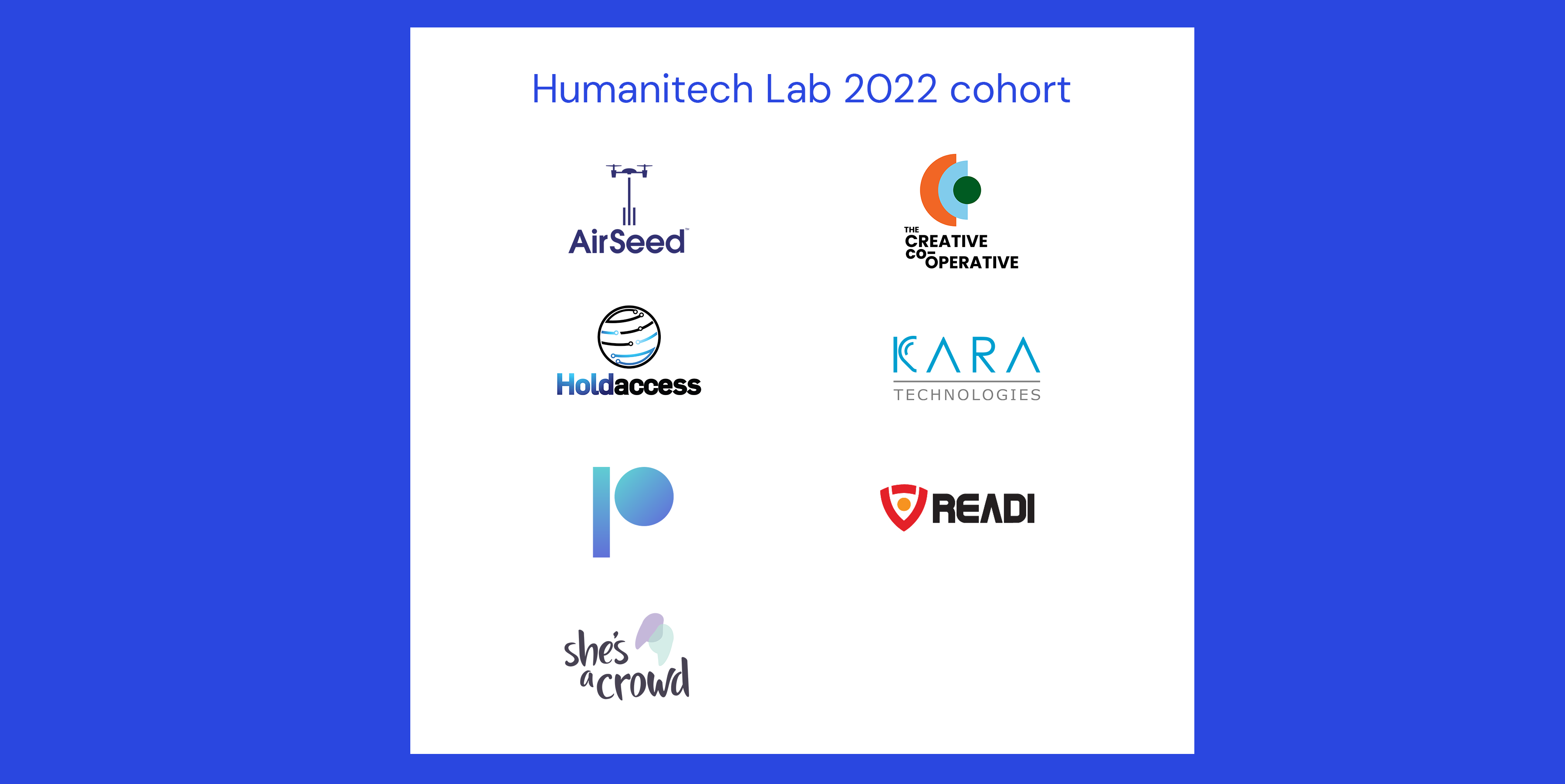
Humanitech backs seven innovative start-ups tackling humanity's toughest challenges with technology
From promoting reforestation through drone technology, to empowering undocumented people with digital identity, Humanitech has announced the successful applicants of its innovation program.

Humanitech Summit Insights Report
Humanitech Summit is Australia’s flagship annual event at the intersection of frontier technologies, social innovation, and humanitarian action.
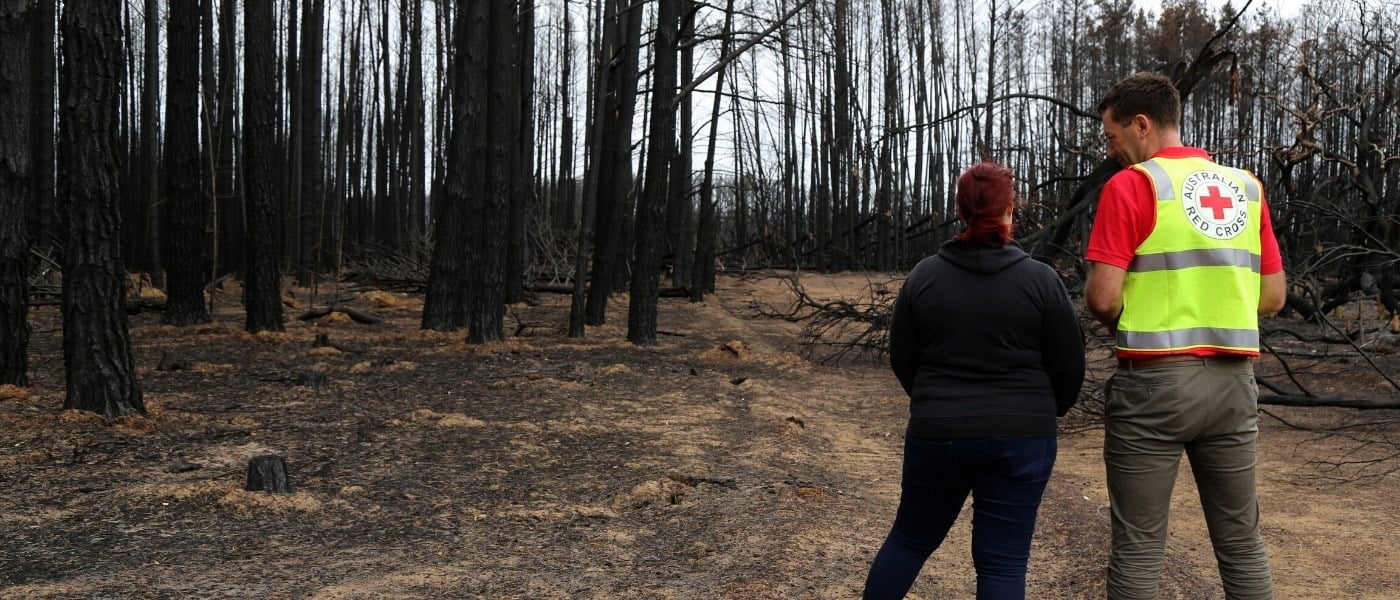
Heat Action Day: Can technology help us to beat the heat?
On 14th June 2022, Red Cross has launched the world's first Heat Action Day to raise awareness about the growing risks that heatwaves pose to our health, along with steps to stay safe from this silent emergency.
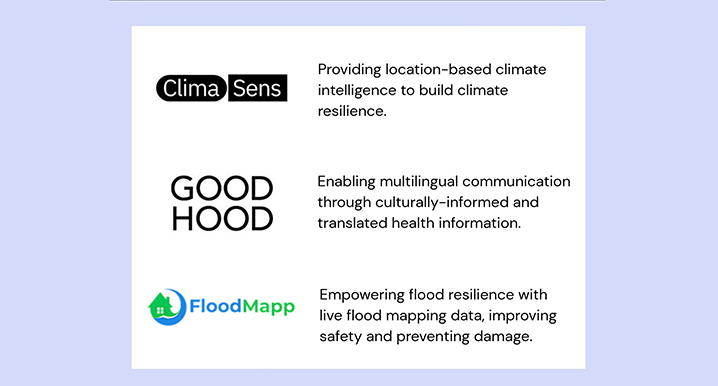
New funding announced for three Australian start-ups harnessing the power of technology for good
Humanitech, an initiative of Australian Red Cross, has announced funding for three local initiatives addressing humanitarian challenges through the innovative use of frontier technologies.
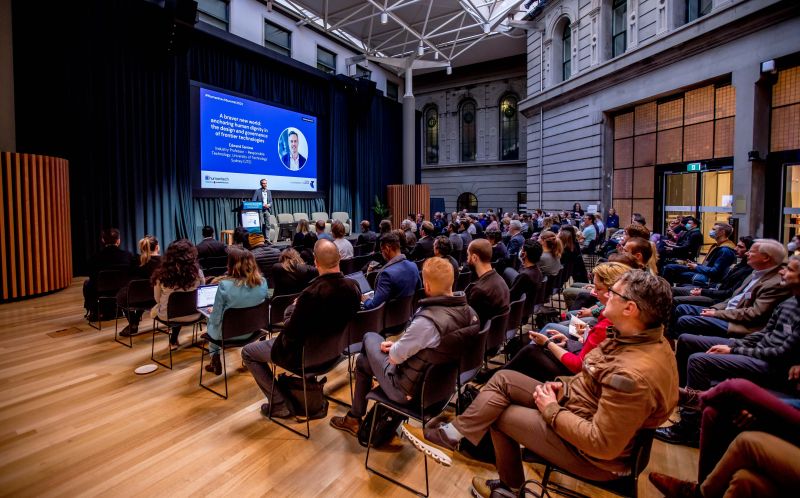
Ensuring frontier technologies benefit people and society on the agenda at Humanitech Summit
Australia’s leading Summit at the intersection of technology and humanity will put the spotlight on the pressing societal issues arising from technological progress.
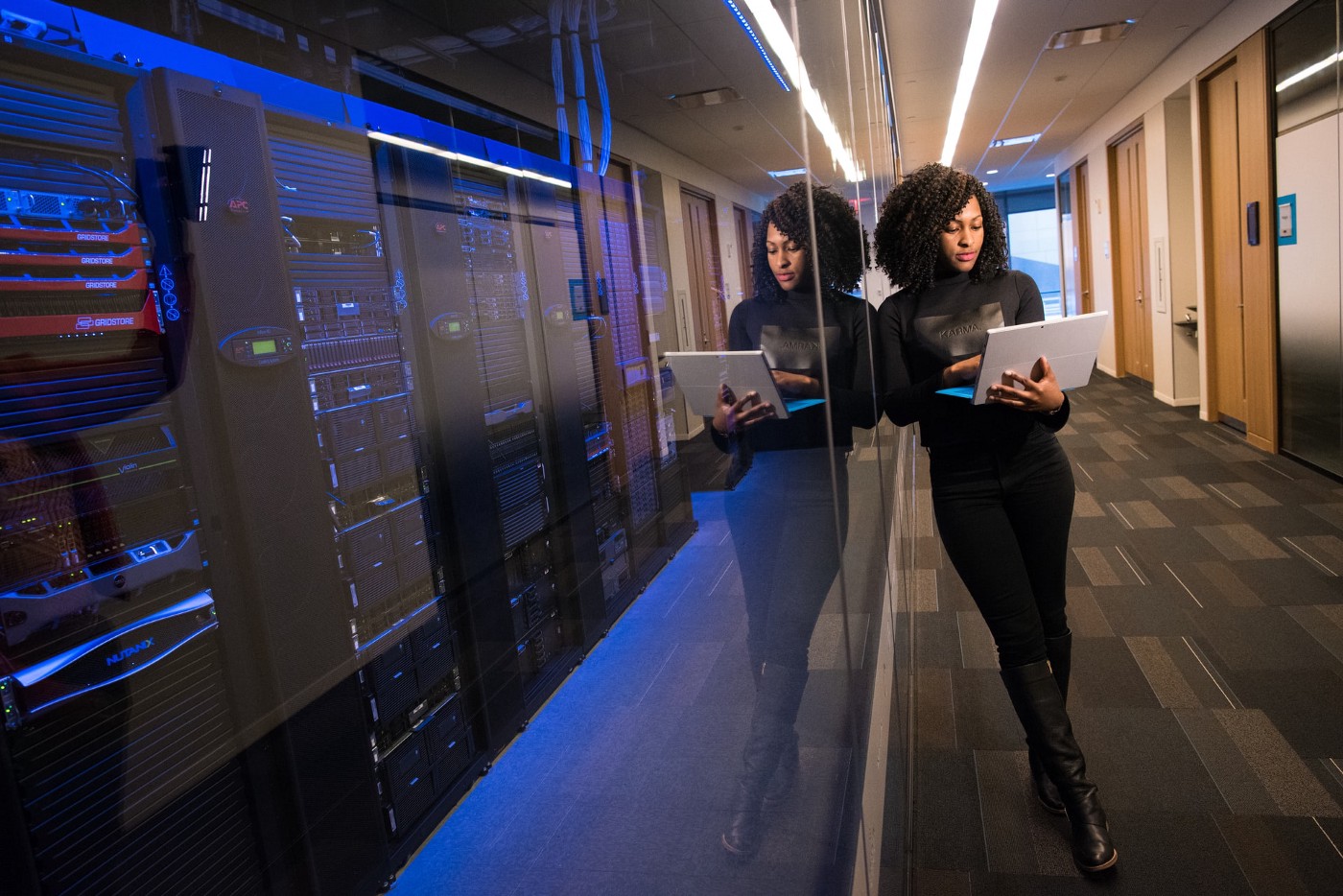
Tech for good — what does it actually look like?
New and emerging technologies have the potential to cause both great benefit and harm — yet the processes designed to develop and use these technologies rarely consider the humanitarian and social costs. How can technology be used for good? What does this look like? Who gets a say? These are some of the questions we are exploring at Humanitech, an initiative of Australian Red Cross, dedicated to harnessing the transformational power of technology for good.
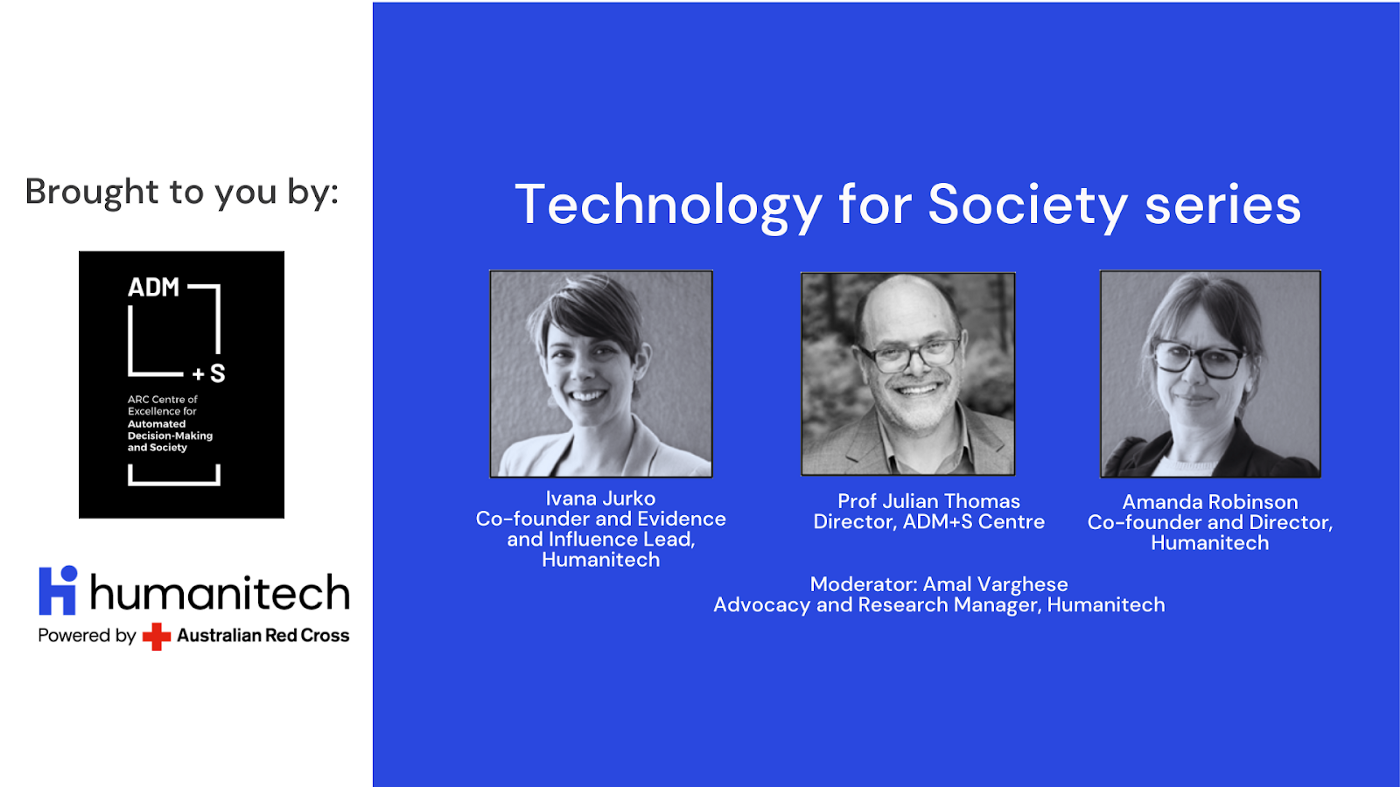
Technology for Society series: a partnership promoting the responsible use of frontier technologies
Humanitech, powered by Australian Red Cross, and the ARC Centre of Excellence for Automated Decision-Making and Society (ADM+S) have partnered to launch a series that brings together researchers, humanitarians, and industry leaders to discuss the critical issues emerging at the intersection of humanity and new technologies.

Dignity Dilemmas, Design and Tech: Reflections on stories shared in a recent CPI and Humanitech event
“What does it mean to actually design very intentionally for those moments of laughing alongside everybody else? I think that’s ultimately what we’re trying to achieve. Seeing the individual, making sure they’re seen & heard’
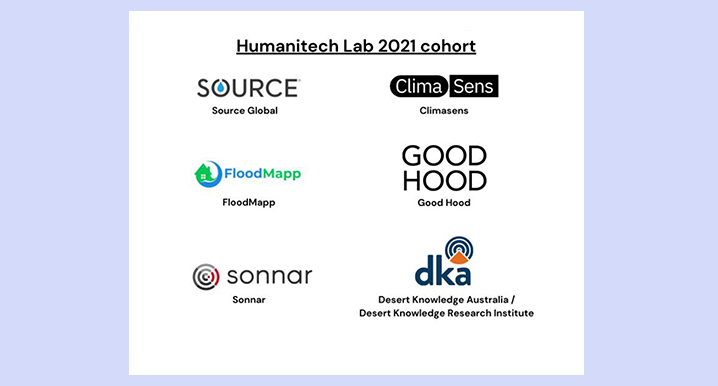
Meet six organisations tackling the toughest challenges facing humanity
From creating drinking water from sunlight and air, to using AI and machine learning to combat digital misinformation among First Nations communities, Humanitech has announced grants to six organisations who are harnessing the power of technology for good.

Can we harness the transformational power of emerging technology for good?
Much has been said on the harms that emerging technologies can and do bring. And rightly so — we have seen many instances where poorly designed or maliciously used technologies have caused harm, undermined values such as democracy and deepened inequalities, vulnerability and marginalisation.

Vaccine passports may be our way out — but not at any cost.
As we look at Europe, Australians can hope that 2022 will be different to the last 18 months which have been marked by lockdowns and border closures. What helped European countries open their borders were rising rates of vaccination supported by digital health tools that allow people to verify their Covid-19 immunity or negative test status.

